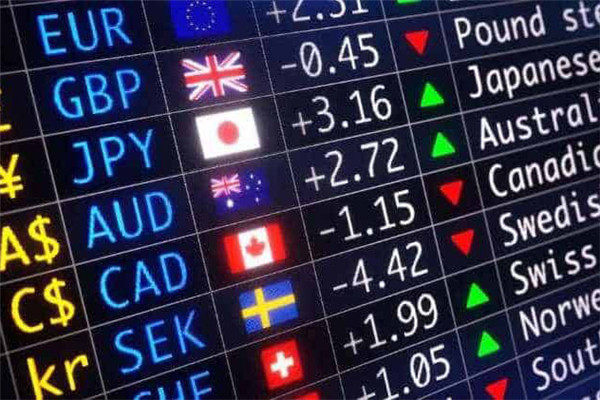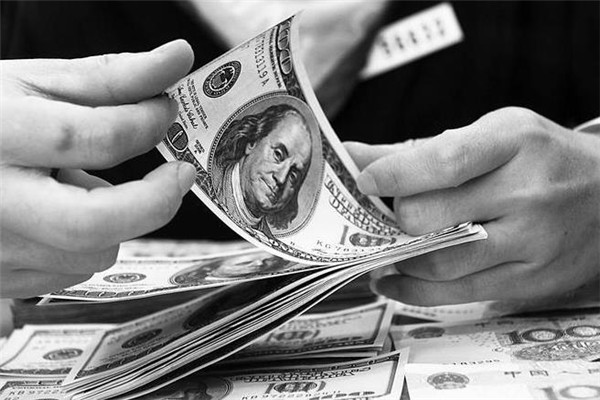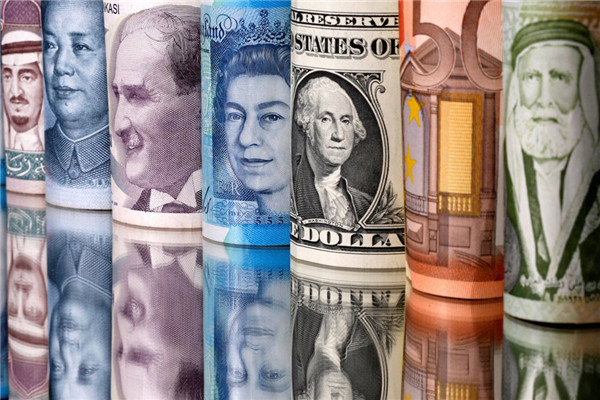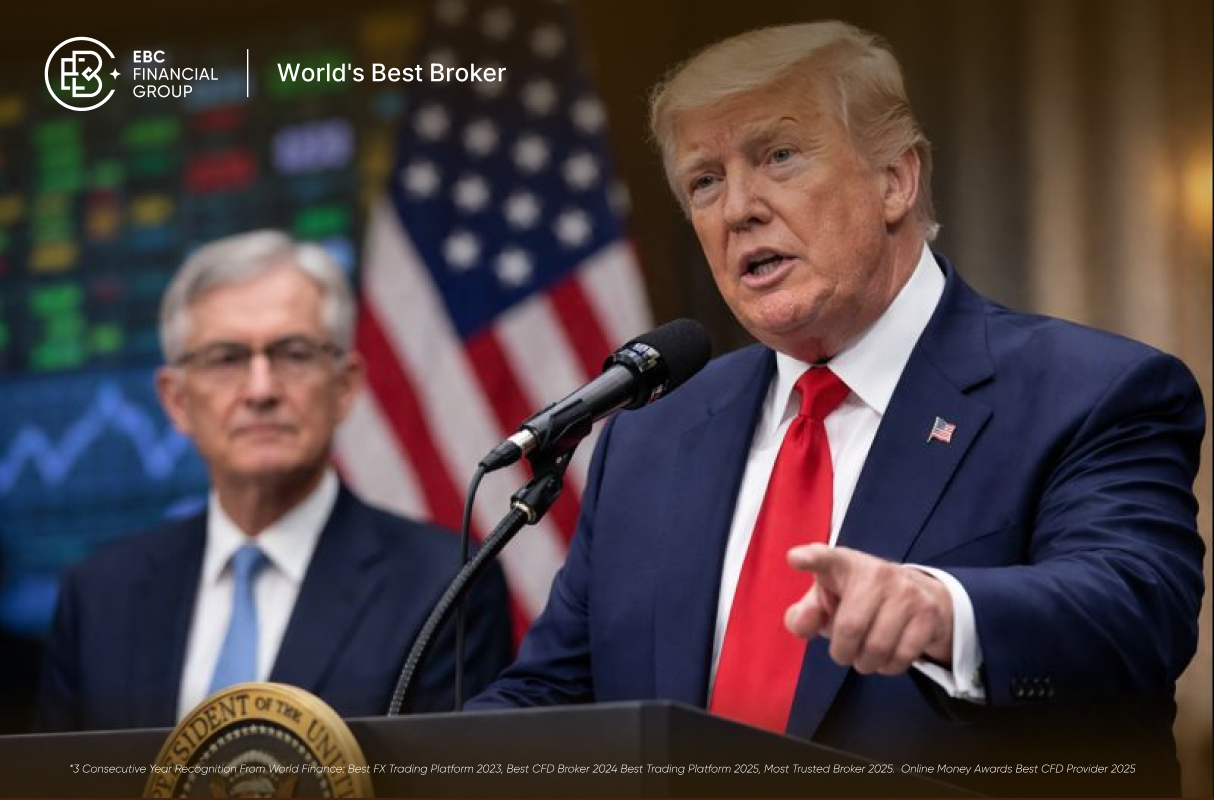The forex market is renowned for its global characteristics and
almost unlimited trading hours. The trading time of the global forex
market can be described as 24 hours, starting from the opening of the Sydney
market on Monday and continuing to the closing of the New York market on Friday.
Due to the different opening and closing times of financial centers in different
countries and time zones, the forex market remained active throughout
the entire trading week, providing investors with abundant trading
opportunities. Investors can conduct forex trading at the appropriate
time according to their own schedule, whether it is day or night.
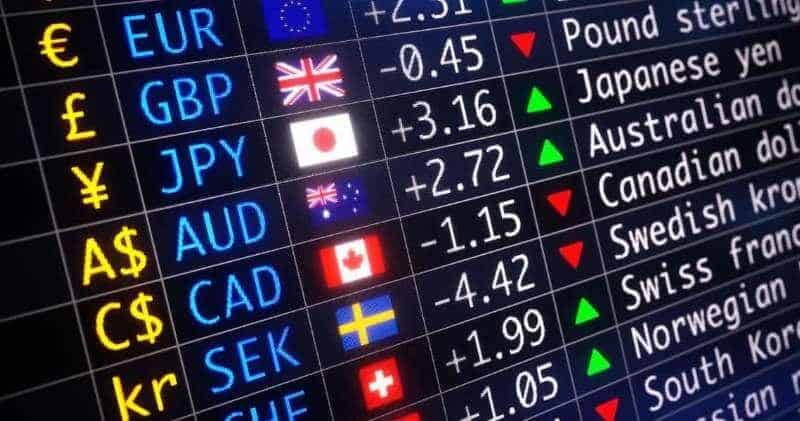
The forex market is a global market, with trading hours covering
almost every country and time zone around the world. The trading hours of the
forex market are 24 hours a day, so there is no need to rest. Since
the forex market is traded 24 hours a day, why do some countries
still have restrictions on trading hours?
The 24-hour trading hours in the forex market represent the
continuous start of forex trading in various regions. According to
their operating hours, it is usually after the end of one market and the start
of trading in another market, and these markets are connected together through
advanced communication and computer networks. Investors engaged in forex trading can trade in the trading markets of various countries, forming
a globally integrated national forex market that operates all day. If
Beijing time is the standard, starting from early morning in Wellington, New
Zealand, until the end of early morning on the West Coast of the United States,
where markets in Australia, Asia, and several continents to North America are
connected, traders can find suitable trading times no matter what time. The
specific forex trading market times for each country are as
follows:
Wellington Market, New Zealand: The market is divided into winter time and
summer time, with winter time from 4 a.m. to 12 a.m. Beijing time; Summer time
is from 5 a.m. to 13 a.m.
Sydney Market, Australia: There are also winter and summer times. Winter time
is from 6 a.m. to 14 p.m. Beijing time; Summer time is from 7 a.m. to 15
p.m.
Tokyo Market, Japan: From 8:00 a.m. to 15:30 p.m., regardless of winter or
summer time.
Beijing and Hong Kong markets in China: 10 a.m.–17:30 p.m.
Frankfurt Market, Germany: From 15:30 p.m. to 23 p.m., regardless of winter
or summer time. It can be seen that the time has come to connect with the Tokyo
market in Japan.
London market in the UK It is divided into summer and winter times. It is
from 16:30 to 23:30 p.m. Beijing time in winter time; Summer time is from 17
p.m. to 12:30 a.m.
The New York market in the United States operates from 21:30 p.m. to 3 a.m.
during daylight saving time; During winter, it is from 22 p.m. to 4 a.m.
